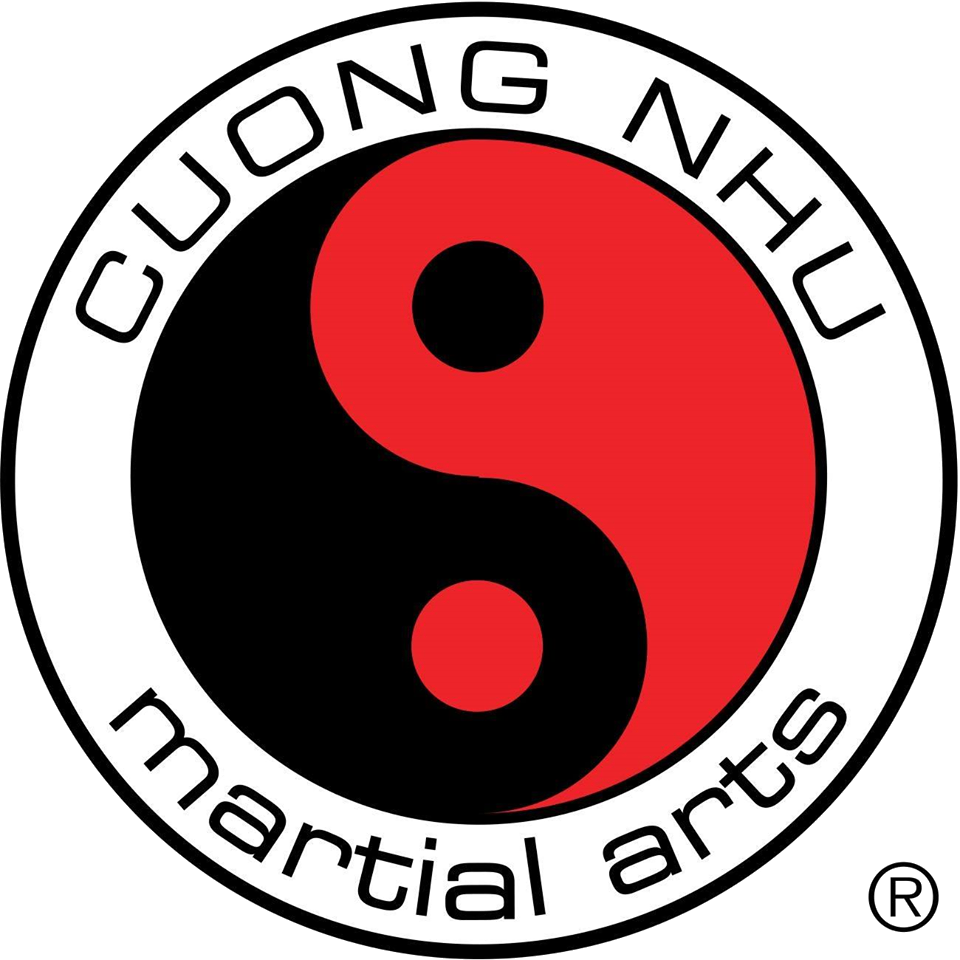Frequently Asked questions
If you still have questions after reading our ABOUT pages, you have come to the right place. And if you still have questions after reading this page, contact a Cuong Nhu dojo in your area, where the instructors will be happy to talk with you.
How does Cuong Nhu compare to other martial arts?
If you were to compare the techniques you see practiced in a Cuong Nhu dojo with what you see in other martial arts schools, you would find much in common. So how do you decide what's "best"? No need; there is no such thing as one best style.
The effectiveness of a system depends on the willingness of the student to work hard, and the ability of the instructor to teach and motivate. It is the person who makes the style, not the style that makes the person.
As a martial art that draws from many sources, Cuong Nhu offers a wide range of techniques and approaches within its curriculum. This provides a flexibility in training that lets people with very different abilities succeed and excel in their own ways - building on their natural strengths, and working to overcome limitations. All students of Cuong Nhu, regardless of natural ability, have the chance to grow into well-rounded and effective martial artists.
What kind of people practice Cuong Nhu?
Classes are open to everyone regardless of age, gender, or physical ability. There are members who are rated nationally in tournaments, as well as people with physical disabilities. Some members practice and teach Cuong Nhu eight to ten hours a week, while others, because of other priorities in their lives, can attend class only once a week. Anyone can become a good member in Cuong Nhu as long as they have the desire and determination to do so.
Are some people too old or too young for Cuong Nhu?
No. Children as young as five, as well as adults age seventy and up, can practice Cuong Nhu with proper instruction. Some dojos offer "pre-karate" for even younger children, and some offer curriculum specially tailored for older students. The key in all cases is to set realistic goals, and practice safely and wisely under the guidance of a skilled teacher. Training is based on the needs and ability of each student, and safety is of utmost importance. This is true for students of all ages.
Is Cuong Nhu good for self-defense?
Cuong Nhu is excellent for self-defense. Students of Cuong Nhu study a wide range of techniques and strategies, designed for flexibility in dealing with a wide range of situations - as O'Sensei Ngo Dong put it in the 5 All's of Self Defense: all angles, all levels, all techniques, all situations, all people. Training is not purely physical, but also addresses mental and psychological aspects of self defense, such as the development of self confidence and self control, and the ability to understand conflict and make good decisions.
How long must I practice Cuong Nhu before I can defend myself?
There is no good answer to this question. It depends on many factors: the physical and mental ability of the student, the situations, the people involved, and more. However, this is certain: the more you practice Cuong Nhu, the better chance you have of being able to defend yourself.
How can I recognize a good instructor?
Good instructors are ones who:
- Love to teach and help others
- Are sincere, considerate, mature, and confident
- Have understanding and patience
- Can motivate the students
- Have a good attitude and good techniques
- Care and are protective of their students
Observing classes is a good way to judge whether or not a school will be a good learning environment for you. Watch how a class is conducted; see if the students and instructors treat each other with respect and care; observe the safety measures employed to keep the students safe in their training. Listen to your intuitive feelings about the group and the instructors, and sample a few classes on a trial basis.
